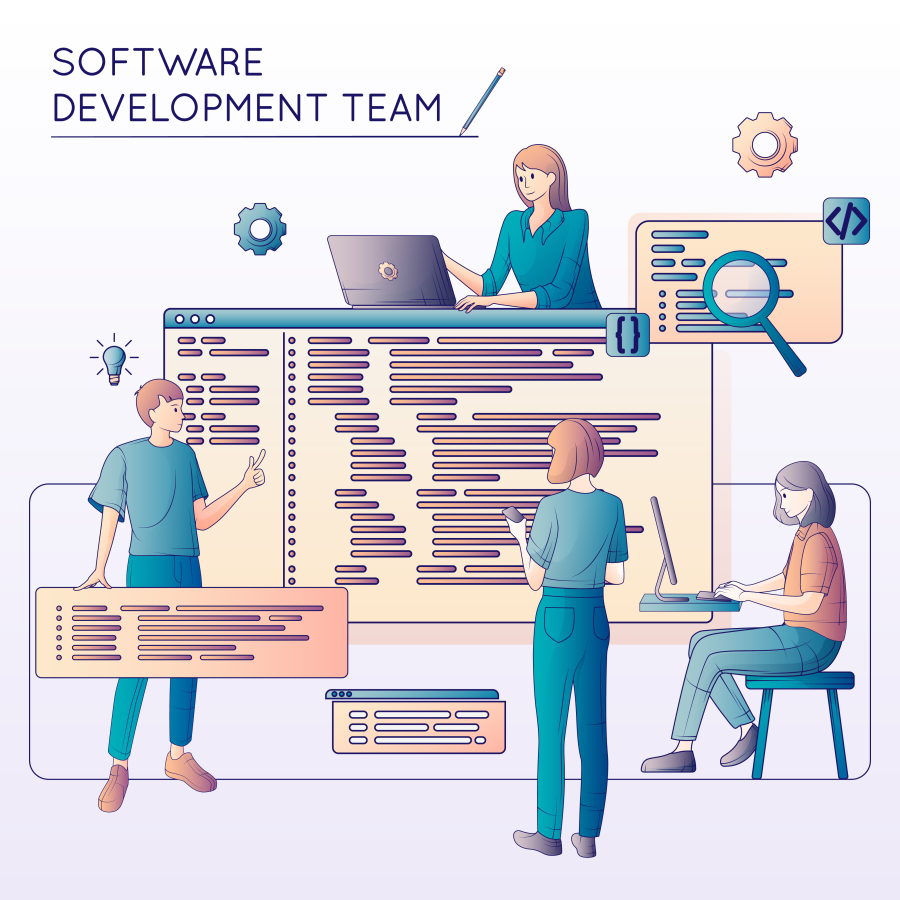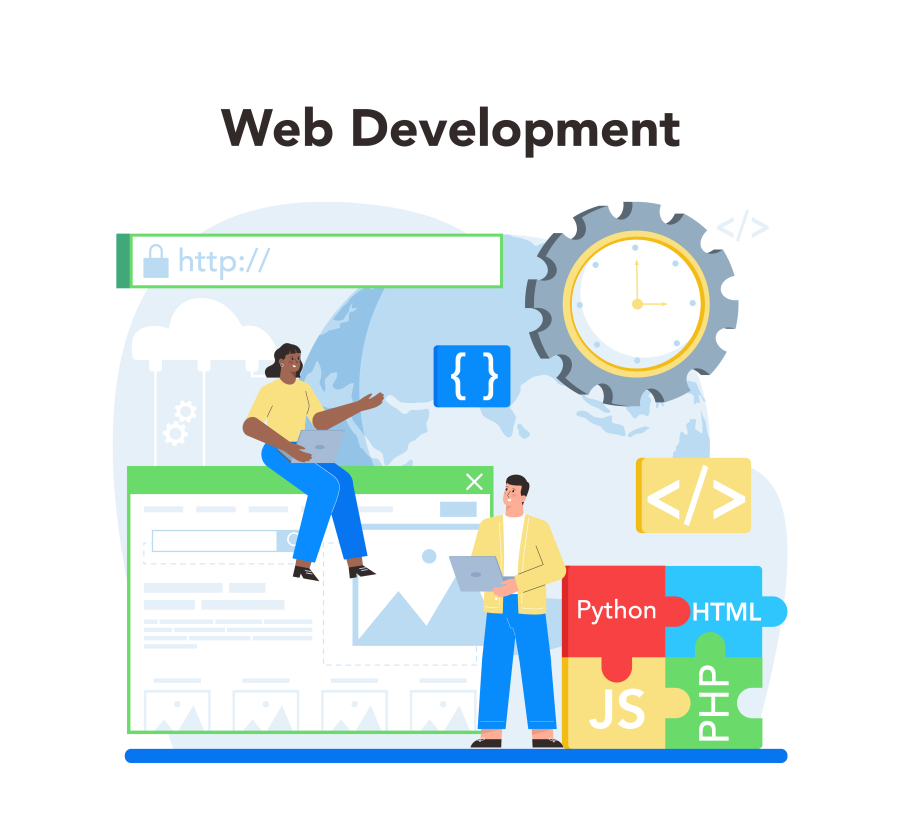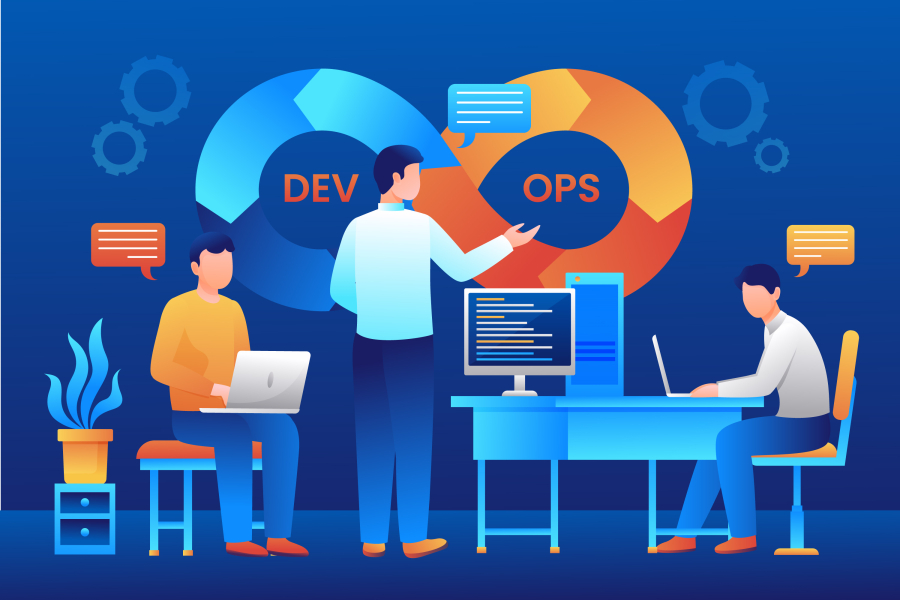The Rise of Scientific Freelancers in Tech-Biotech Convergence
The convergence of technology and biotechnology is transforming industries, from healthcare and agriculture to pharmaceuticals and environmental science. As this field grows, there is a rising demand for scientific freelancers who can bridge the gap between technical expertise and innovative applications.
Scientific freelancers bring specialized knowledge in areas such as genomics, bioinformatics, synthetic biology, and AI-driven research. They provide critical services to startups, research labs, and tech-biotech companies that need flexible, skilled, and innovative professionals without the long-term commitments of full-time hires.
This article explores the rise of scientific freelancers, the opportunities within the tech-biotech convergence, the legal and regulatory considerations, and strategies for succeeding in this emerging freelance niche.
Long Description
1. Why Scientific Freelancing is Growing
The demand for scientific freelancers is driven by several factors:
Rapid innovation – Tech-biotech companies require experts for short-term projects and pilot studies.
Global collaboration – Freelancers can contribute to international research without relocating.
Cost-efficiency – Companies can access high-level expertise without the overhead of permanent staff.
Diverse skillsets – Freelancers often combine science with computational skills, data analysis, and regulatory knowledge.
Scientific freelancers are becoming key contributors in shaping research outcomes, product development, and technology deployment.
2. Opportunities in Tech-Biotech Convergence
a) Bioinformatics and Data Analysis
Freelancers analyze genomic, proteomic, and clinical data.
They provide insights for precision medicine, drug discovery, and diagnostics.
AI and machine learning applications require freelancers with strong computational biology skills.
b) Research and Development (R&D) Support
Contract research projects and experimental design assistance.
Literature reviews, experimental protocols, and data interpretation.
Support for biotech startups in scaling lab experiments or prototypes.
c) Regulatory and Compliance Consulting
Guidance on FDA, EMA, or other regulatory body requirements.
Helping startups navigate clinical trial approvals and safety standards.
Advising on intellectual property for biotech inventions.
d) Scientific Writing and Communication
Preparing research papers, grant proposals, and technical documentation.
Translating complex scientific data for investors, stakeholders, or general audiences.
Supporting marketing content for biotech startups and tech companies.
e) Product Development and Innovation Strategy
Freelancers contribute to prototype design and experimental validation.
Offering insights into emerging technologies and market trends.
Bridging the gap between computational models and lab implementation.
3. Challenges for Scientific Freelancers
Regulatory Complexity – Tech-biotech projects often involve multiple jurisdictions and strict compliance standards.
Intellectual Property Management – Ensuring ownership of inventions and patents.
High Expertise Requirement – Projects demand advanced scientific knowledge and technical proficiency.
Data Security – Handling sensitive research data requires strict confidentiality and cybersecurity measures.
Market Awareness – Freelancers must stay updated with the latest biotech trends, technologies, and funding landscapes.
4. Strategies for Success as a Scientific Freelancer
a) Develop Specialized Expertise
Focus on niches like AI in genomics, synthetic biology, or drug discovery.
Obtain certifications and training in high-demand scientific areas.
b) Build a Strong Freelance Portfolio
Showcase completed research projects, publications, or case studies.
Highlight problem-solving skills and innovative solutions.
c) Establish Legal and IP Safeguards
Draft clear contracts specifying intellectual property ownership and confidentiality.
Understand patent filing processes relevant to biotech innovations.
d) Leverage Technology and Tools
Use computational platforms for data analysis, simulation, and modeling.
Collaborate on cloud-based lab management and research platforms.
e) Network and Collaborate Globally
Join scientific freelance communities and biotech networks.
Partner with international labs, startups, and research institutions.
5. The Benefits of Scientific Freelancing
Flexibility – Freelancers control their workload and select projects aligned with their expertise.
Innovation – Opportunity to work on cutting-edge projects that shape the future of tech-biotech industries.
Global Reach – Work with clients and collaborators worldwide.
Career Growth – Gain diverse experiences across research, regulatory consulting, and product development.
Entrepreneurial Opportunities – Freelancers can launch consulting services or collaborate with startups to monetize expertise.
6. Future of Scientific Freelancing
AI and Machine Learning Integration – Freelancers will increasingly combine data science with biological research.
Personalized Medicine Expansion – Growing need for freelance experts in genomics, diagnostics, and treatment modeling.
Remote Lab Operations – Virtual lab environments and automated systems allow freelancers to contribute globally.
Blockchain in Biotech – Tracking data provenance, IP rights, and research integrity using blockchain technology.
Cross-Disciplinary Collaboration – Greater demand for freelancers who can merge biology, engineering, and technology insights.
The future is bright for freelancers who adapt to technological advances and maintain scientific excellence.
Conclusion
The rise of scientific freelancers in the tech-biotech convergence represents a new era of innovation, flexibility, and global collaboration. Freelancers with expertise in bioinformatics, R&D, regulatory consulting, and scientific communication are becoming indispensable to startups, research labs, and tech companies.
By building specialized skills, managing IP and legal compliance, leveraging technology, and networking internationally, scientific freelancers can thrive while contributing to groundbreaking projects.
For professionals in this niche, freelancing is not only a career choice but a pathway to shaping the future of science and technology.


 by Emily
by Emily




